Atom Egoyan is known for his non-linear narratives and an unconventional method of telling a story. In each of his films, he presents a series of characters that, at first, seem unrelated but as the story progresses, we are given some information regarding their lives, as we begin to piece together the overall story. This results in parallel stories between characters, as we begin to discover that they are all related in some way. Egoyan, in a sense, tells his story backwards. He wants his audience to interpret the ending, piece together the lives of the characters, and ask questions about the film. His latest film, Chloe, stars an ensemble cast of talented actors, including Liam Neeson, Julianne Moore and Amanda Seyfried.
Chloe revolves around a wife who suspects her husband is cheating. When she hires an escort to test his limits, things begin to get out of hand as the story delves into the personal lives and passions of the characters. There's something different about this film, though. Chloe tells a straightforward story and is very much linear, with no congruences between space and time. That's because it is the first screenplay Atom Egoyan has directed that he has not himself written. His films have always been considered a work of art by many, simply because of the writing. Exotica is a beautiful story between a series of characters and is set partly in a strip club. The Sweet Hereafter is Egoyan's adaptation of Russell Banks' novel of the same title, but features Egoyan's touch in its narrative. Chloe comes from a new world, it is written by Erin Cressida Wilson, and it allows for Egoyan to supply us with his vision through his visuals and images.
Film Independent presented an advance screening of Chloe at The Landmark in Los Angeles. Atom Egoyan and Erin Cressida Wilson joined us for a Q&A following the screening. It's tough to talk about the film because what I want to say and what everybody expects me to say will result in two completely different discussions. I'm sure anybody who is interested in this film would like to know the film was, its group of actors, and how this story played out in the hands of Atom Egoyan, as a director and not a writer. I would much rather go into depth about what made this an Atom Egoyan film, and whether or not it is still the work of an auteur, rather than a director for hire. I'm going to steer away from speaking on its genre or how the film compares to other films of its kind, because truth be told, I haven't seen many of them. Chloe exists within these genre films (we will hear a lot about Fatal Attraction and such), but Egoyan explores the complexities and layers of a marriage.
I fell in love with Egoyan's work because of his writing and formal strategies when it came into exploring the narrative of a film. I didn't know quite how to feel about Chloe, because it is an unwelcoming change, especially if the screenplay isn't well written, to begin with. Chloe, however, is exceptionally directed and I believe that's what makes the film work. Its actors fit perfectly together as part of an ensemble and the most important thing is that Egoyan doesn't treat them as stars. He doesn't make you feel like Liam Neeson is Liam Neeson or that Julianne Moore is Julianne Moore. Egoyan doesn't even photograph Julianne Moore as we think of her, and instead photographs her within any filters. In the film, we don't feel her sense of glamour or beauty. We see her as her character is represented, a woman going through difficulties, torn between the possibility of a failed marriage. In this film, they are all performers, with great performances being handled by a great director.
I went into the film with the intentions of discovering what was Egoyan about it, considering the screenplay wasn't written by him. Is it the opening sequence? No, Egoyan usually gives us a long tracking shot and allows his credits to spill over. Is it the unconventional narrative? No, Chloe is a linear story, in a rather conventional structure. Somehow, however, Egoyan finds a way to make us aware of his directing hand. Their are recurring visual motifs, such as hands, a comb, mirrors and glass, that all highlight certain characteristics about the characters. Egoyan introduces Chloe through a monologue, then emphasizes her entrance into Catherine's life. He does this all through visuals, and expresses their characteristics and behaviors through imagery. Catherine spends much of her life looking into the lives of other people and understanding them, and at times, controlling them. Egoyan makes us aware of her personality through the use of production design, visuals and cinematography.
In the third act of the film, there is a shift in the tone as we move into a thriller. If I reveal anything here, it will be nothing but spoilers, so I can speak on how it is handled rather than what happens. Egoyan doesn't rely on gimmicks and instead brings his own style into the film. He relies on technology throughout the entire film and allows it to develop the plot; live discussions on webcams and text messaging. He allows us to break apart the characters and put them back together during the ending of the film, when a significant twist is revealed. He does this, once again, through visual motifs. I would have to kill the film to explain the ending of the film. I would like to say, however, that the ending consists of one of the most beautiful shots Egoyan has pulled off. It's breathtaking and is a true testament to Paul Sarossy, the cinematographer of the film.
Chloe allows you to feel the directing hand at work, and we can feel Egoyan constructing the film and telling a story visually. Mychael Danna, who has been Egoyan's composer throughout all of his films, gives us a beautiful, surreal score that highlights the scenes. In a sense, the music is haunting as it comes back to revisit us throughout the film. It seems Egoyan makes everything work here, from the cinematography and music to the production design and art direction. Chloe's costumes emphasize her personality, Catherine's controlling behavior is suggested through the production design of the house she lives in, and David is often revealed through different formats of technology.
During the Q&A, Egoyan and Wilson discussed adapting the film and their approach to the material. Wilson said she viewed Exotica numerous times for inspiration, prior to learning that Egoyan would attach as a director. They both also mentioned that the film is not so much a remake of Nathalie... because it touches on a slightly altered premise. Its characters intentions are somewhat different and the story unfolds in a different manner. Egoyan mentioned that some of the inspirations for the film came from Persona (which I immediately felt during scenes between Catherine/Chloe), Rear Window (Catherine's need to control her family), and Let the Right One In (surprisingly, for the atmosphere and tone of the film). Chloe holds a special place in my heart as well as Egoyan's filmography. Throughout the film, we make assumptions about characters and learn otherwise by the end of the film. Because of this, it is difficult not to be reminded of Egoyan's earlier works. It is essentially cut from the same cloth of Exotica and is set within that world, not because of its sexuality, but because of the way Egoyan explores the personalities of his characters. Chloe ends just as mysteriously as it begins, and as the credits begin, a final title card reminds us that this was "An Atom Egoyan Film."
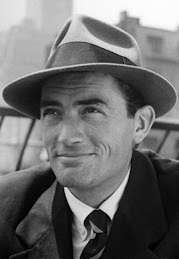

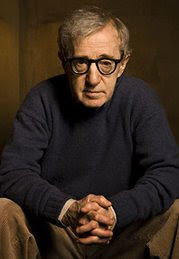

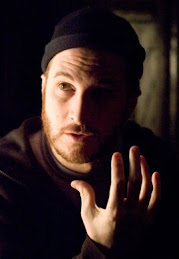

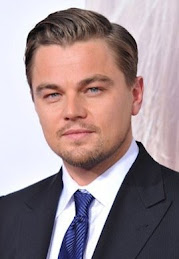
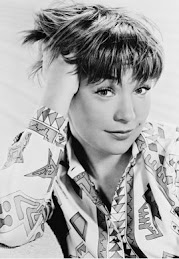
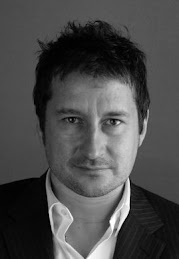
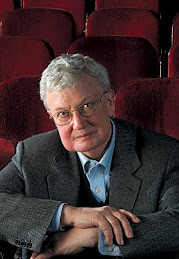
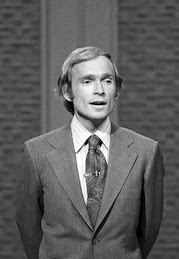


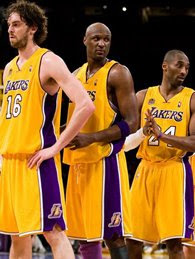
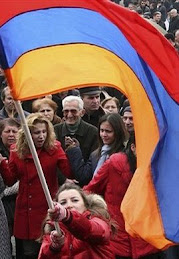
No comments:
Post a Comment